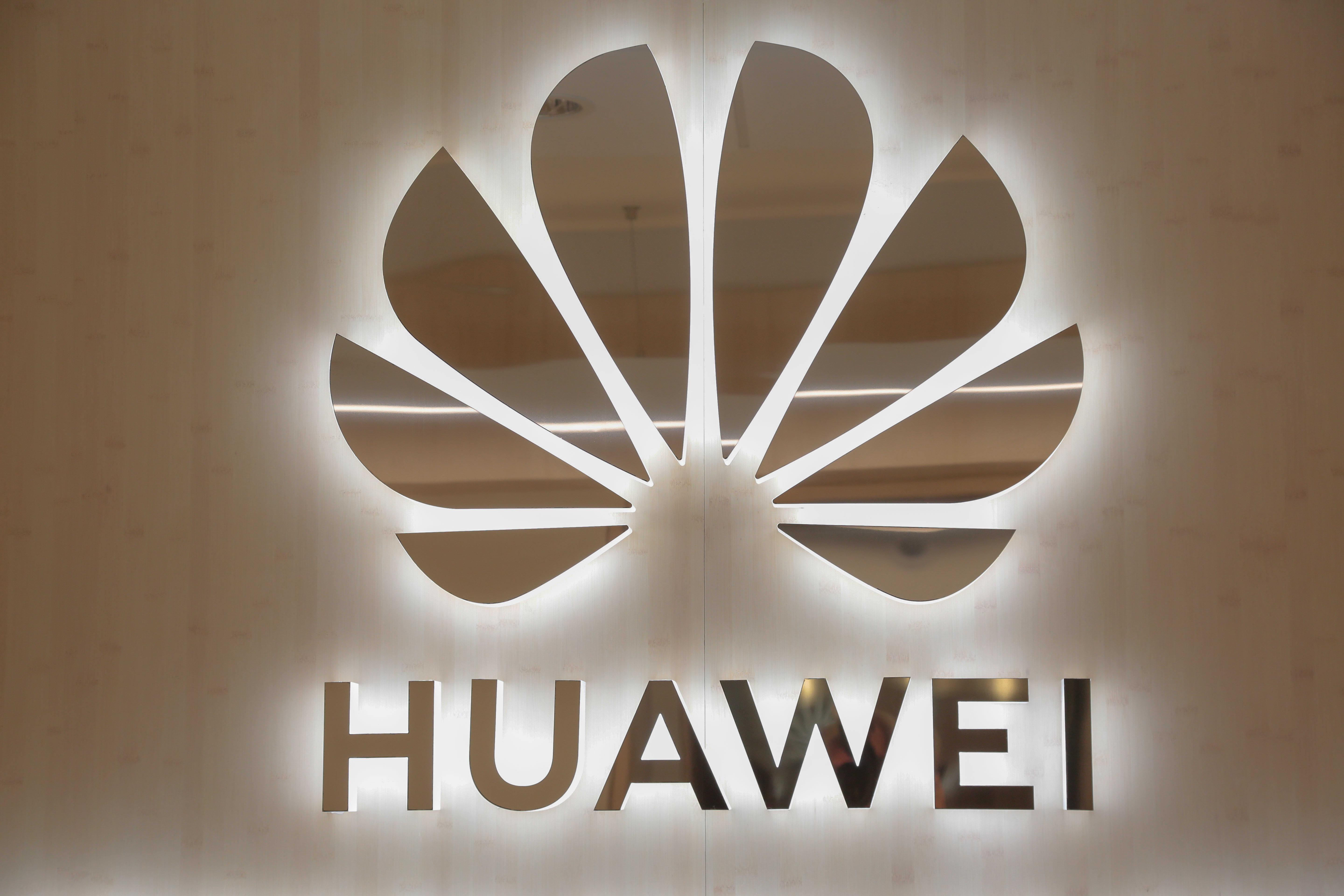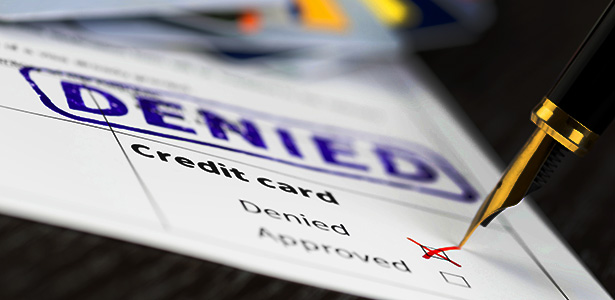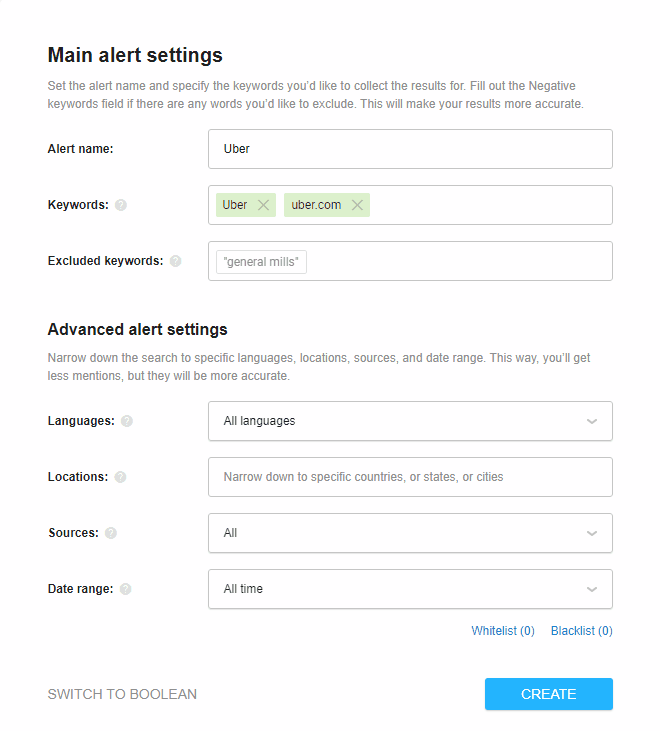Handy Ideas On Deciding On Credit Card Apps
Wiki Article
What Is Deemed Suspicious Behaviour And Can Result In A Credit Card Being Blacklisted?
Certain behaviors and activities could raise red-flags or be deemed suspicious by the card issuer. This may lead to blocking a card or being flagged. A few examples of suspect behavior include: unusual spending patterns-
An unexpectedly large amount of transactions or a significant increase in spending compared to the typical spending habits of a cardholder could trigger suspicion.
Unrecognized Transactions
The signs of fraud can be found in any transaction that is unauthorized or suspicious that appear on the card statement, which the cardholder was not able to initiate or approve.
Multiple Refused Transactions
A string of failed or declined transactions within a relatively short time frame could indicate that there is something wrong, particularly if the history of transactions for the cardholder generally is positive.
Geographic Anomalies
The transactions made at locations that are away from the typical locations of spending, or transactions that occur from various geographical locations within a brief period can raise suspicion.
Abnormal Purchase Types-
Suspicious purchases can be flagged, particularly for expensive items that are not in line with the spending patterns of the cardholder.
Uncommon Online BehaviorUncommon Online Behavior
Unusual or unanticipated online activity could be a sign of unauthorized access. This can be a sign of multiple failed login attempts or modifications to the information on your account.
Unusual Card Usage
Any instances where the credit or debit card is used in a different manner than its normal pattern of use, for example, suddenly using it to conduct international transactions, despite the previous used solely locally, may be suspicious.
Rapid Cash Advances and Transfers
The cardholder might be notified when there are significant cash advances, transfers or other transactions unusual for their spending pattern.
Frequent card-not-present transactions
If you observe a sudden increase in the number of purchases you make online or by phone (with no credit card in hand) with no prior background, this could be an indication of concern.
Identity Verification Issues -
If you are having difficulty authenticating the cardholder in transactions, it could be a cause for suspicion, especially if further verification is needed.
The issuer of your card may investigate the occurrences or observe these behaviors, and then temporarily stop your card until you can confirm the identity of the cardholder.

What Should I Do When I Suspect That My Credit/Debit Card Has Been Blacklisted?
If you think your credit card is in a blacklist or you suspect that there's been fraudulent activity associated with your credit card, follow the following steps- Contact your credit card issuer Immediately-
Contact the customer support number found on the back of your credit card. Also, visit the website of the issuer for an information line for the reporting of fraud.
Inform your issuer that you have concerns. Inform them that you are concerned about fraud or the security of your card may be compromised.
Report Suspicious Activity-
Discuss the unusual transaction or purchases you have noticed on your credit card statement.
Include specific information regarding the transaction in question such as dates, amount and merchant names, when they are available.
Request Card Replacement, Blocking or Removing
Request the credit card company to temporarily disable the card. This will stop any subsequent fraud.
Inquire about the process for changing the card to a brand new one that allows you to have access to credit.
Review Your Account to dispute Charges
Check your most recent statements and transactions for any suspicious activity you might not have noticed at first.
If you discover suspicious charges, contact the card issuer and request them to investigate.
Keep track of and monitor your credit-
You should contact your credit card company to ensure that all necessary steps are taken to resolve any concerns.
Examine your credit card balance often for unusual or unusual changes.
You might want to consider putting up a security freeze or fraud alert.
It is possible to put an alert for fraud or a security freeze on your credit file, based on how serious the issue is. This can protect against identity theft.
Send a report to Authorities If Needed, Report to Authorities
Notifying the Federal Trade Commission or filing an investigation with local law enforcement agency is highly recommended in the event of suspicion of substantial fraud.
You must act immediately to minimize the chance of loss and prevent future fraudulent transactions. By promptly reporting suspicious activity and cooperating with your credit card company, you can reduce the risk of possible fraudulent use or fraud with your credit card.

What Are The Qualifications Of Those Who Run Credit Card Numbers Via An Application That Blacklists Them?
Authorized professionals from financial institutions, law agencies or cybersecurity companies verify a the credit card number against a blacklist, or check for fraudulent activity with credit cards. These experts are called Fraud Analysts, who are educated by financial institutions to spot and investigate fraudulent activities involving credit cards. They utilize tools and software specially designed to identify patterns and anomalies and possibly compromised card information.
Cybersecurity Experts - These are experts who have a specific passion for cybersecurity. This includes the monitoring and detection of cyberattacks and damaged credit cards. They can prevent security breaches, look over data to identify signs that it's been hacked and then implement security measures.
Law Enforcement Officials- Specialized groups or individuals from law enforcement agencies who investigate financial crimes, such as fraud with credit cards. They are able to access databases and resources to track and analyze fraud-related transactions.
Compliance Officers – These professionals are accountable for ensuring that financial institutions follow regulations and laws relating to financial transactions. They may oversee processes for the detection and reporting of suspicious transactions that involve credit cards.
Access to databases that are blacklisted by credit card blacklists is tightly restricted and requires legal authorization. Examples include being part of a formal investigation into financial crimes or having specific permissions granted from authorized entities are examples.
The teams and professionals use special programs, protocols, and legal procedures to check credit card numbers with blacklists. They must also follow strict privacy rules and security standards. If you're concerned about the security of your credit card information it's important to contact authorized professionals or institutions. Unauthorized attempts to access or use credit card blacklists can result in legal penalties. View the recommended savastan0 login for more recommendations.
